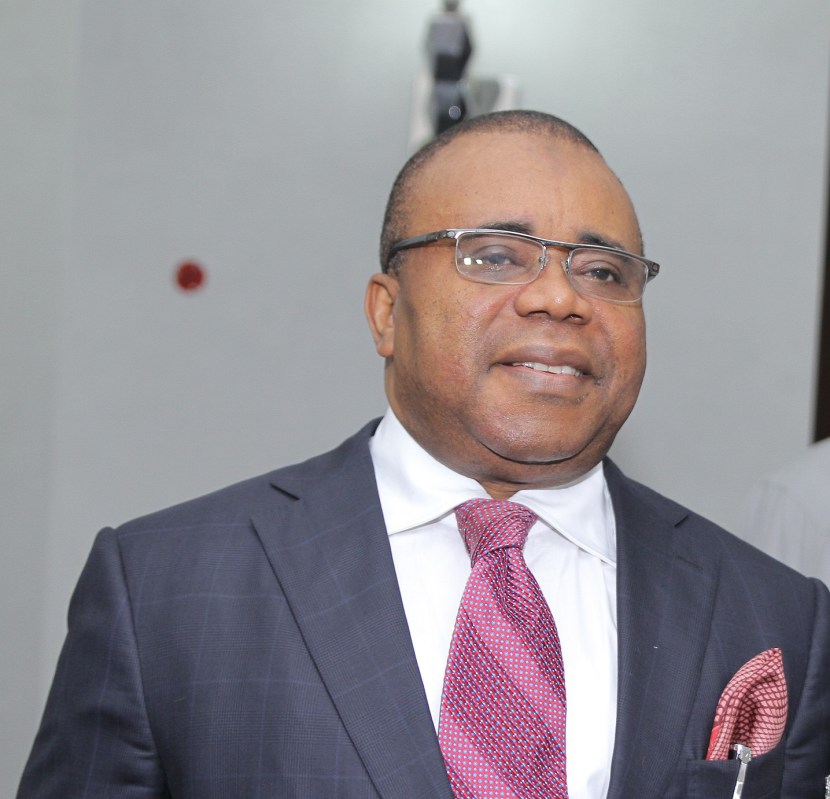97% of informal sector exempted from tax under new reform bill, says Oyedele

BY MOTOLANI OSENI
The chairman of the Presidential Tax Reform Committee, Mr Taiwo Oyedele, has revealed that the proposed tax reform bill will exempt 97 per cent of Nigeria’s informal sector from taxation, stressing that the bill’s passage is imminent.
Speaking at the Agusto & Co. 2025 Economic Roundtable in Lagos, Oyedele emphasised the need to allow small businesses to grow before imposing tax obligations on them. “It is a misconception that the government’s revenue is in the informal sector. Data does not support this. That is why the tax reform bill exempts almost 97 per cent of the informal sector,” he stated.
He explained that many small businesses and households are merely striving to meet basic needs, such as food and education, and chasing them for taxes would be counterproductive. “The 30 to 40 million small businesses and households in Nigeria are just trying to survive. Taxing them at this stage is unfair. Let them grow first, and when they have the capacity, they can contribute,” he added.
He also highlighted the role of technology in identifying businesses that should be taxed, rather than imposing blanket levies on struggling enterprises. “If businesses use technology, the system will identify them when they are ready to pay tax,” he said.
READ ALSO: Grief as Senators Godswill Akpabio, David Mark mourn death of Edwin Clark, Ayo Adebanjo
Meanwhile, experts at the roundtable urged the federal government to improve its deficit-to-GDP ratio and increase daily oil production to three million barrels per day to meet its industrialisation targets.
The Managing Director of Agusto & Co., Mrs Yinka Adelekan, underscored the need for better deficit management and inflation control. “Nigeria’s deficit-to-GDP ratio currently stands at 4.5 per cent, whereas the Fiscal Responsibility Act recommends 3 per cent. We must work to moderate this figure. Inflation remains a major challenge, affecting businesses and the real sector due to high interest rates,” she noted.
Similarly, a Senior Lecturer at Lagos Business School, Dr Doyin Salami, warned that the economy remains unstable due to sluggish output growth. “For an economy to be stable, output growth must exceed population growth. With the agriculture sector growing at just 1.5 per cent while the population increases at 2.5 to 3 per cent, Nigeria faces significant economic risks,” he cautioned.
As the government pushes ahead with tax reforms, stakeholders stress the importance of fostering an enabling environment for businesses to thrive while implementing strategic policies to stabilise the economy.








